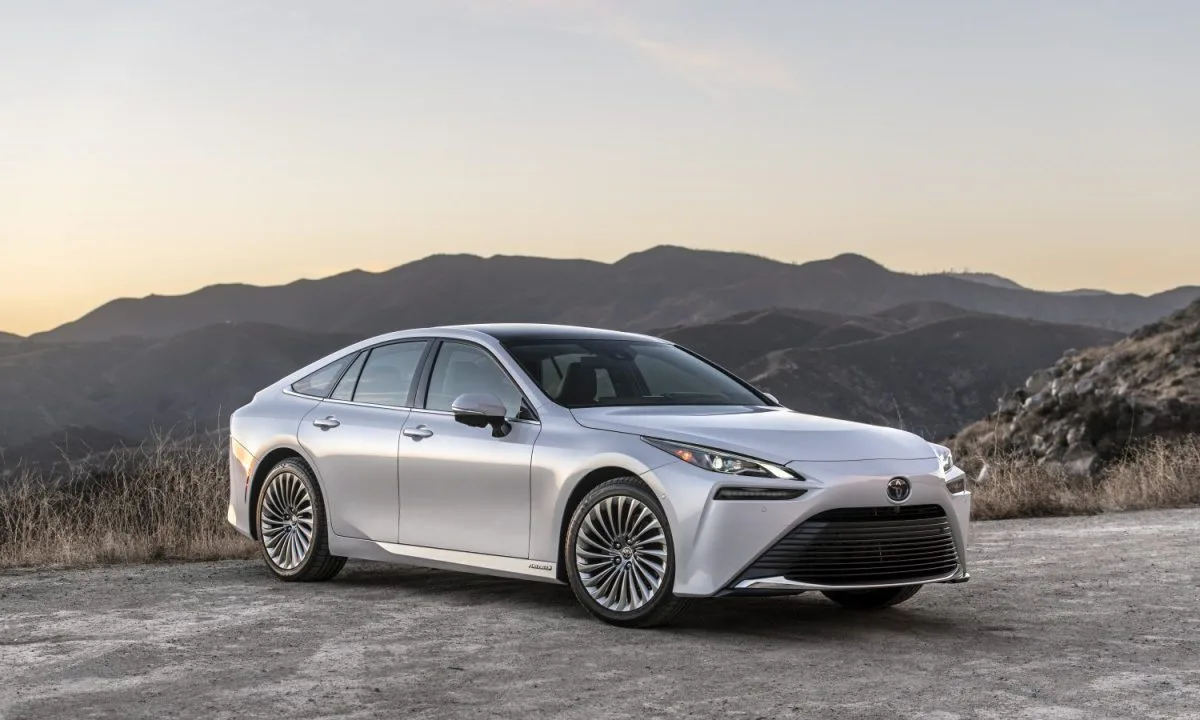Toyota wants hydrogen to succeed so bad it’s paying people to buy the Mirai
Toyota wants hydrogen to succeed so bad it’s paying people to buy the Mirai

Toyota is offering some amazing deals for its hydrogen fuel cell-powered Mirai. That is, if customers can find the hydrogen to power it.

Toyota wants hydrogen to succeed so bad it’s paying people to buy the Mirai::Toyota is offering some amazing deals for its hydrogen fuel cell-powered Mirai. That is, if customers can find the hydrogen to power it.